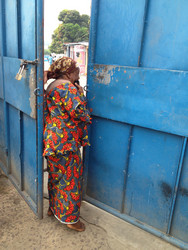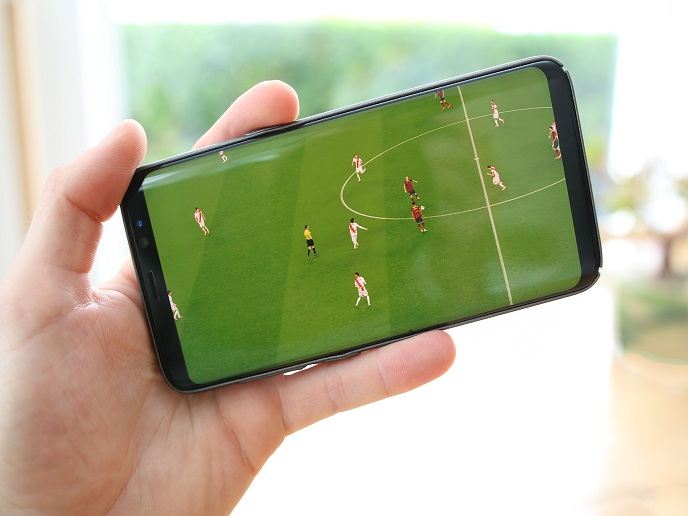African view of the elderly and technology
Kinshasa, the capital of the Democratic Republic of Congo and Africa's third-largest urban area, is relatively advanced in terms of information and communication technologies (ICTs). While the younger and middle-aged generations seem comfortable with ICT channels such as television and the Internet, the connection with the older generation is not clear. The EU-funded project ICTS IN KIN investigated this relationship. Looking at how Kinshasa's inhabitants over the age of 65 interact with various ICTs, the project team studied the way they shaped the sociability of elders. Through interviews, observation and questionnaires, the team combined the anthropology of ICTs with anthropological research on ageing to achieve its aims. Qualitative data were retrieved to understand how Kinshasa’s elderly live with ICT. Therefore, the research team worked with elderly living on their own or with their kin and also residents in Kinshasa's retirement homes. It also collected statistical data from mobile phone companies, radio and TV stations and relevant ministries and boutiques in which radio and TV sets and mobile phones are being sold. Efforts also included collaboration with non-governmental organisations and a local university, culminating in six research papers and book chapters. These publications focus on two main topics. The first is how radio, television and mobile phones actually play an important role in the lives of Kinshasa's elderly. On this topic, the project team noted how children or grandchildren assist the elderly in making cell phone calls, for example. This observation counters the stereotype that the elderly do not use mobile phone technology. Also interesting is the elderly's relationship with old or defective radio and television sets, and how these often co-exist with newer technologies. These older radio sets can be read as metonyms of the social networks that the elderly enjoyed in the past, and to which they hang on, mostly for nostalgic reasons. Although for some, these unrepaired radio and TV sets also embody potential promises for a better economic future, as these items can be sold, either as a whole or its parts (e.g. batteries, screen etc.). The second key area involved the participation of Kinshasa's elderly in local television shows as part of Africa's 'urban elders' concept. This is also tied to reviving the music and culture of the 1950s and 1960s, bringing back older values, communicating nostalgia and even presenting the elderly as experts of the city’s social and cultural past. These TV shows have significant social consequences as they stage the elderly in a positive way and counter the hegemonic understanding of the elderly as a burden, useless for society, and, at times even, as witches, who use occult forces to prevent the younger generations to prosper. This fresh perspective on how Kinshasa's older residents engage with ICTs could inspire new research on the relationship between the elderly and popular culture. It also potentially highlights related key topics such as media brokerage, waste, care and belonging in a high-tech society. Such studies could potentially change how we approach the impact of technology in social lives; and how we view elders in society. The research can also improve our relationships with marginalised groups.







